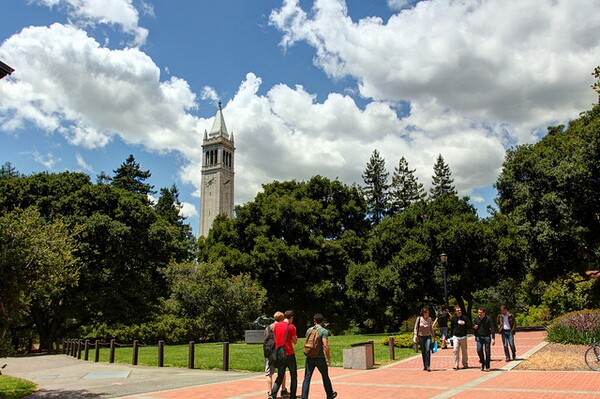California Energy, Climate Labs Get Research Grants From Feds

Four leading California research laboratories working in the fields of energy and climate change were among the grant recipients from the Department of Energy's Energy Frontier Research Centers program, the DOE announced Wednesday.
"Today, we are mobilizing some of our most talented scientists to join forces and pursue the discoveries and breakthroughs that will lay the foundation for our nation's energy future," said Secretary of Energy Ernest Moniz in announcing the awards. "The funding we're announcing today will help fuel scientific and technological innovation."
The grants, totaling $100 million, are the second round of funding from the DOE for its Energy Frontier Research Centers, and are intended to promote basic scientific research into renewable energy-related materials and technology issues.
The DOE program's research focus areas include solar energy, electrical power storage, carbon capture and sequestration, and relevant nanoscale materials engineering.
Recipients of awards in this second round were among 200 applicants for funding, with the recipients selected in a competitive process. The four recipients in California are:
- The Spins and Heat in Nanoscale Electronic Systems (SHINES) project based at UC Riverside, which will receive $12 million over four years to investigate subatomic particle spin, charge and heat and their potential use in designing ultra-high efficiency electronics at the nano-scale;
- The Light-Material Interactions in Energy Conversion Energy Frontier Research Center at Caltech, which will work to design materials that allow extremely high efficiency in converting light to electrical energy;
- The Center for Nanoscale Controls at the Lawrence Berkeley National Laboratory, which will use the funding to continue its work studying the science behind subterranean carbon dioxide sequestration at physical scales ranging from the nanoscale to the macro scale, allowing for more accurate and safer computer models of sequestration projects, and;
- UC Berkeley's Center for Gas Separations, which is studying ways to cheaply and efficiently separate gases such as CO2 and methane from power plant exhaust and other sources using specially tailored materials.
ReWire was unable to obtain grant amounts for projects other than UC Riverside's SHINES project, but the DOE says the grants range from $2 million to $4 million per year for up to four years.
"I'm looking forward to seeing the scientific advances that they come up with," said UC Riverside Vice Chancellor Michael Pazzani of the SHINES project. "This is exactly the kind of scientific leadership that UC Riverside has been encouraging and supporting. This project will lay the groundwork for energy technology for the nation."